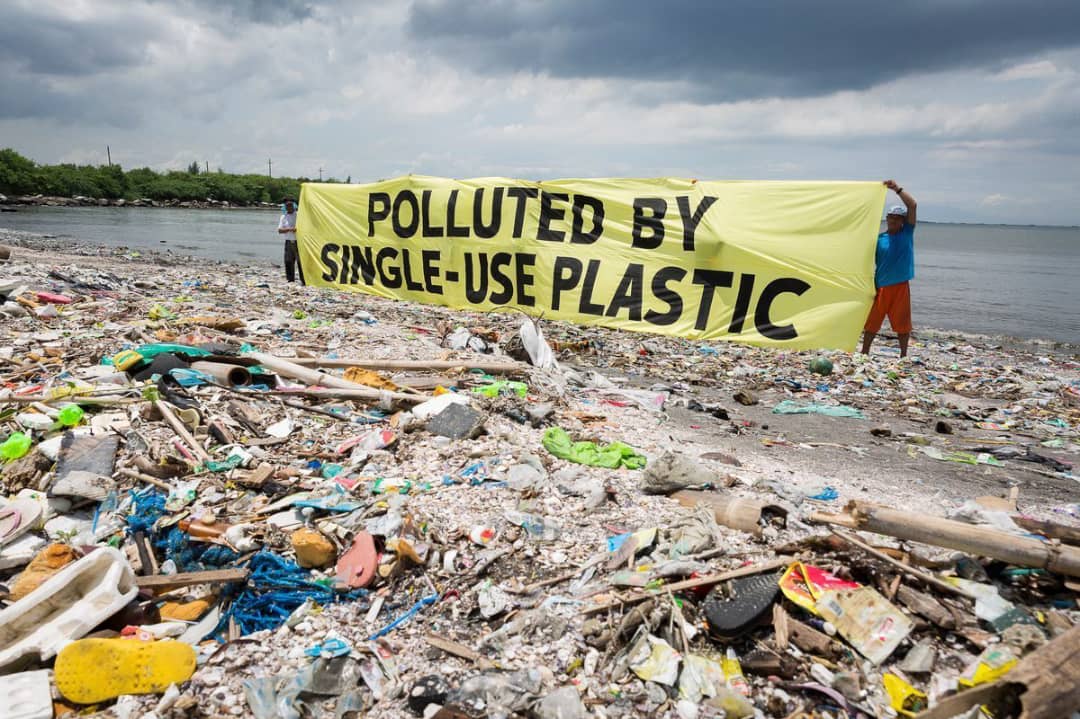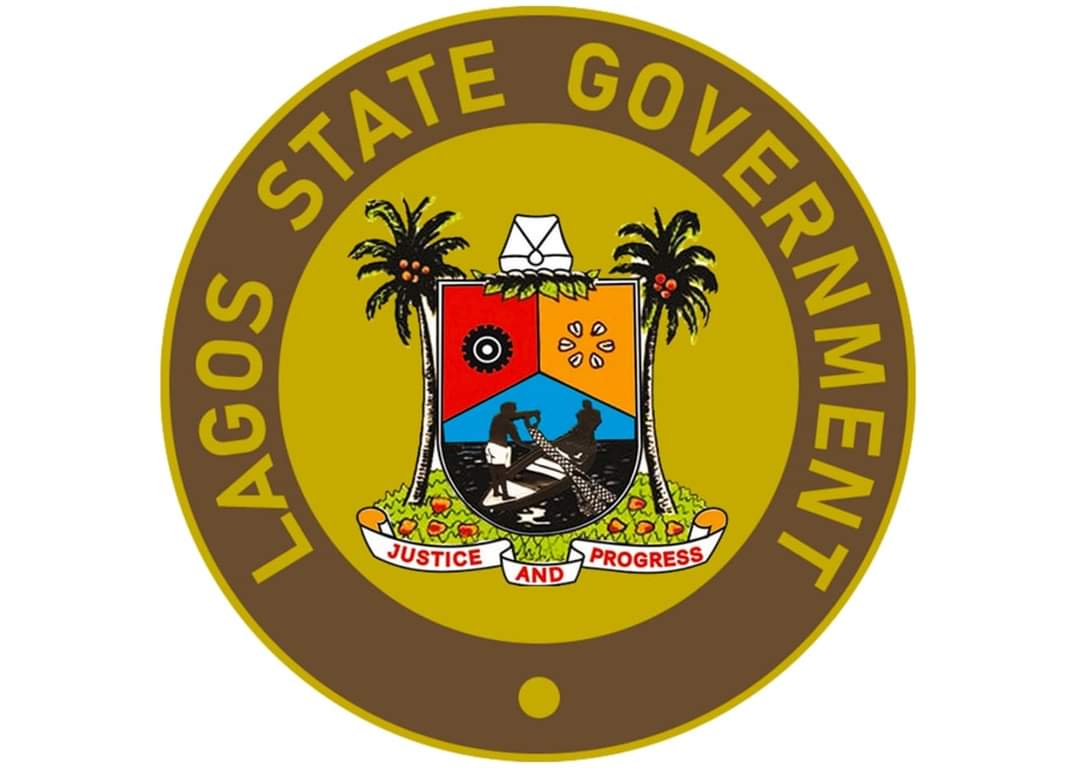FG, UNIDO & Partners Call For Collaboration, Circular Economy Practice, to Tackle Plastic Pollution

By Fatima Saka
The Federal Ministry of Environment has partnered the United Nations Industrial Development Organisation (UNIDO) and the Embassy of Japan to call for concerted effort by stakeholders and the practice of circular economy in tackling the menace of plastic pollution.
The partners made the call at a day’s seminar on addressing plastic pollution through the practice of circular economy held in Abuja.
The theme of the seminar is: “Promoting Sustainable Plastic Value Chain through Circular Economy Practices”.
Speaking at the seminar, UNIDO’s Regional Director, Mr. Jean Bakole emphasised the need for
stakeholders collaboration in averting the negative impact of plastic pollution on the health of citizens.
Represented by Yomi Banjo,National Programme Coordinator, Environment and Energy, UNIDO, Bakole expressed concern over the impact of plastic pollution not only in Nigeria but also in neighboring countries.
He said that Nigeria’s extensive coastline predisposes it to contribute to global plastic pollution
Alluding to global statistics, Banjo said that over 450 million metric tonnes of plastics are produced globally each year, with a yearly generation of wastes exceeding 300 metric tonnes.
He said that in Nigeria, less than 20 per cent of plastic waste is collected and a mere nine per cent is recycled, indicating a significant challenge that requires collaborative solutions.
Banjo said that Nigeria plays active participation in negotiations committee meetings for a new plastic convention.
He stressed that if the convention was established, Nigeria would bear collective responsibility, requiring it to sign, ratify, and adhere to the convention’s obligations alongside other countries.
Banjo acknowledged the role played by Nigeria in the implementation of frameworks, regulations, and guidelines to manage plastic effectively.
He emphasised that these efforts were crucial not only for Nigeria but also for the African region and the world.
Banjo noted that the collaborative project involving the governments of Nigeria and Japan, alongside UNIDO was in its second year, adding that the project’s evaluation would assess its impact on the country and its citizens.
Also speaking, Mr Usman Bokani, the Director of Pollution Control and Environmental Health at the Federal Ministry of Environment, underscored the global attention plastics were receiving due to their economic benefits and negative consequences on health and the environment.
Bokani urged participants to study circular economy practices worldwide to adopt applicable strategies locally.
According to him, circular economy practices, offer a path to transition from a linear system to a more sustainable waste management system, particularly for plastics.
The representative of the Embassy of Japan to Nigeria, Mrs. Emem Umana, commended the project’s progress and outlined Japan’s commitment to addressing maritime plastic pollution.
Despite the geographical distance between Japan and Nigeria, Umana emphasised that environmental concerns were shared by both countries.
She said that Japan, being a maritime nation with a significant tourism industry, recognized the urgency to tackle environmental issues and plastic waste for sustainable development in Africa.
Umana assured that ongoing support from Japan and international bodies would promote a sustainable plastic value chain in Nigeria.
In his intervention, Mr Ben Ewerem, the Director of Solid Waste Management at the Abuja Environmental Protection Board (AEPB) called on Nigerians to unite in keeping the Federal Capital Territory (FCT) clean.
Enwerem emphasised that the project would play a pivotal role in controlling plastics through recycling, contributing to a cleaner environment.




